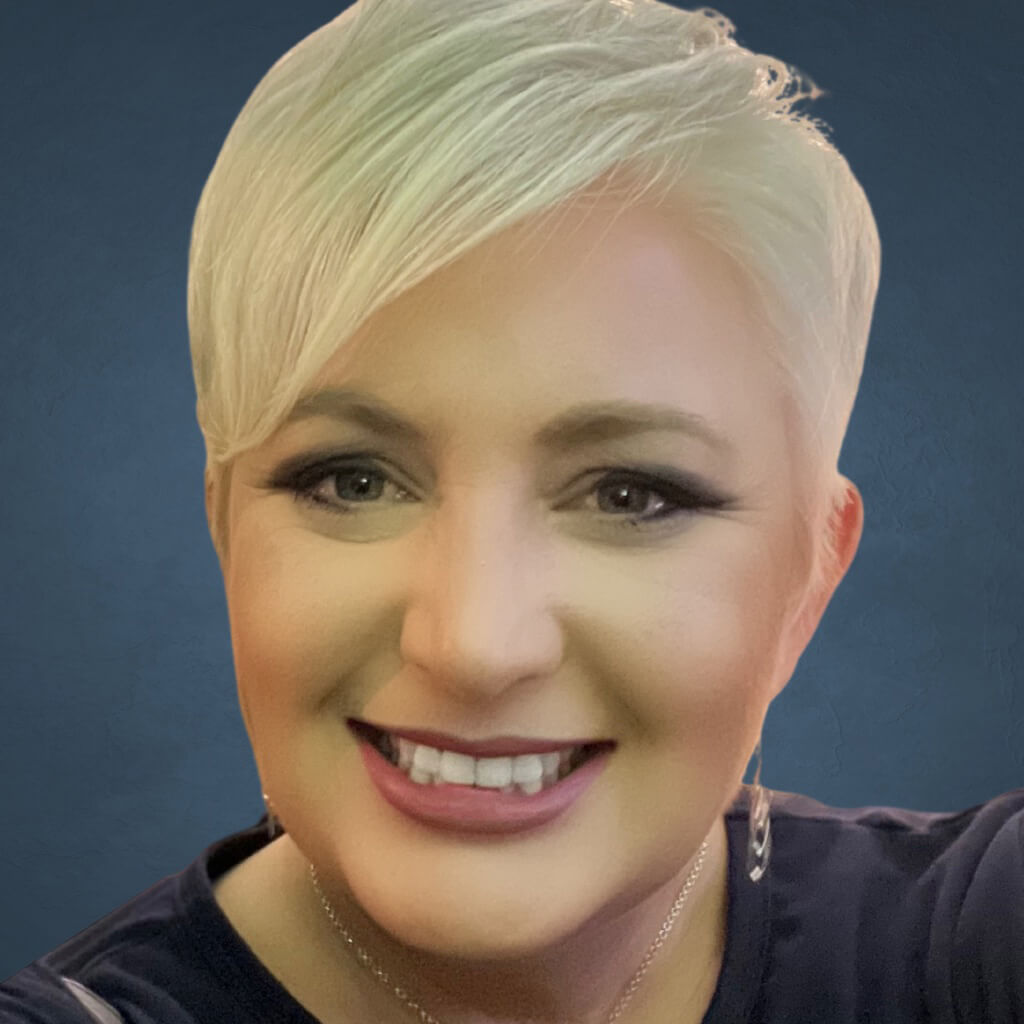Black History Month, which takes place annually in February, is a time to recognize and celebrate the Black Americans throughout history who paved the paths, broke the barriers and opened the doors for today’s Black leaders. From civil rights leaders to inventors and artists to scientists, Black Americans have made significant contributions to American society, culture and economy.
To give a voice to these accomplishments, their stories must be told.
Words are power. Strung together, they become the sentences giving rise to the stories built on generations of experience. These stories, in turn, become the history that gives a voice to the community.
At CoreLogic, we hope to expand the voice of this community by listening to the stories of Black Americans. We celebrate Black History Month in February by reflecting on the legacies of Black Americans that are woven into our country’s cultural fabric as well as striving to educate, honor and celebrate the rise of the Black businesses, artists, creators and scientific minds that will influence our future.
Celebrating Black History Month at CoreLogic
Our African American Leadership and Learning (AALL) Employee Resource Group is instrumental in cultivating recognition for the importance of Black heritage in society and the crucial role of diversity and inclusion in the workplace.
Through AALL’s celebrations of Black history, discussions are sparked which often bring to light many stories that were once hidden from the public eye. Some of these conversations have had lasting impacts.
“[It] allows people to better see and understand the blood sweat and tears our forefathers and mothers had to endure just to stay alive and keep the dreams for their children and generations to come,” said Sharon Gamble Bartholomew, CoreLogic employee and AALL member.

Today, the dreams of Black forefathers play out in the accomplishments of our employees who are the foundation of our company.
A History of the Black History Month Celebration
Spreading the tales of the achievements, contributions and innovations of Black Americans is a cornerstone of modern Black History Month celebrations, but publicly proclaiming this success has not always been the expectation.
In 1976, former President Gerald Ford recognized Black History Month as an official celebration during his Bicentennial speech. In his address, President Ford urged Americans to “seize the opportunity to honor the too-often neglected accomplishments of Black Americans in every area of endeavor throughout our history.”
However, arriving at this moment of national recognition required over half a century of advocacy.
In the early 20th century, Harvard-trained historian Carter G. Woodson founded an organization dedicated to the research and promotion of Black American achievements. This research institute evolved into the group that brought Black history to the forefront of the national conversation every February – a month chosen to coincide with the birthdays of Abraham Lincoln and Frederick Douglass.
This was a generation before the Civil Rights movement, and already Woodson was promoting education and conversation as tools to increase equity and improve the lives of marginalized communities. He saw that education revolutionizes social order and inspires more equity between diverse groups – a lesson that CoreLogic has taken to heart.
Every year, our AALL community continues to expand CoreLogic’s efforts to educate employees on the history of Black Americans, including the struggles and challenges they have faced in the fight for civil rights and equality.

“It is a way to see so many stories about history that were never told and not many know about. I love learning so much about our history,” said Rebekah Hayes-Champagne, CoreLogic employee and AALL member.
While Black History Month has now passed, we will not end the story. Instead, we encourage our Black employees to create new stories every day as they strive to reach new heights and create a workplace where together everyone achieves more.